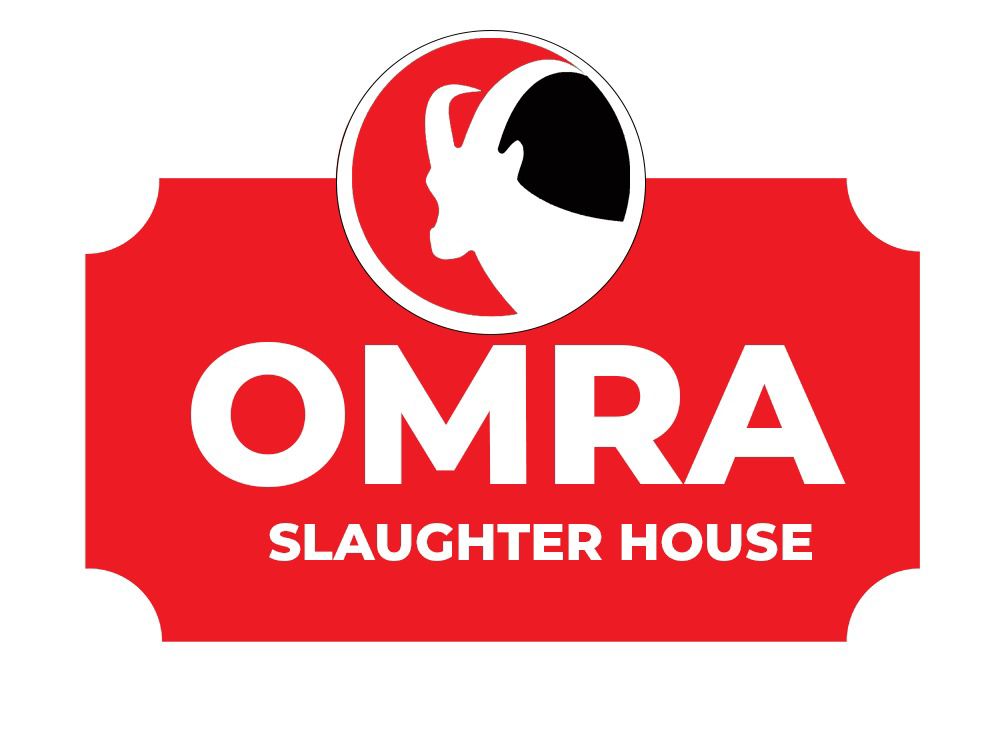As global demand for halal meat rises, sustainability concerns in livestock farming and meat processing become increasingly critical. This article examines how the halal meat industry balances growing demand with ethical and sustainable practices.
The Role of Sustainable Livestock Farming
Reducing Environmental Impact
Halal meat producers are adopting sustainable livestock farming methods, such as rotational grazing and organic feed, to minimize environmental damage.
Efficient Water and Land Usage
Proper water management and responsible land use are crucial for maintaining ecological balance and reducing the carbon footprint of meat production.
Organic and Free-Range Halal Meat
Many halal consumers are opting for organic and free-range meat, supporting farms that prioritize animal welfare and environmental sustainability.
Ethical Slaughter and Meat Processing
Humane Slaughtering Methods
Halal slaughter mandates ethical animal treatment, ensuring a quick and humane process that minimizes suffering.
Waste Reduction Strategies
Byproducts such as bones and hides can be repurposed for various industries, reducing overall waste in meat processing.
Energy-Efficient Processing Facilities
Slaughterhouses are investing in energy-efficient machinery and renewable energy sources to lower their carbon emissions.
The Future of Sustainable Halal Meat
Technological Innovations
Artificial intelligence (AI) and blockchain technology are being integrated into halal meat production to ensure better tracking, quality control, and efficiency.
Government and Industry Initiatives
Governments and private organizations are working to develop sustainability-focused policies for the halal meat sector.
Consumer Awareness and Demand
Increasing consumer awareness about sustainable halal meat options is driving industry shifts toward greener practices.

